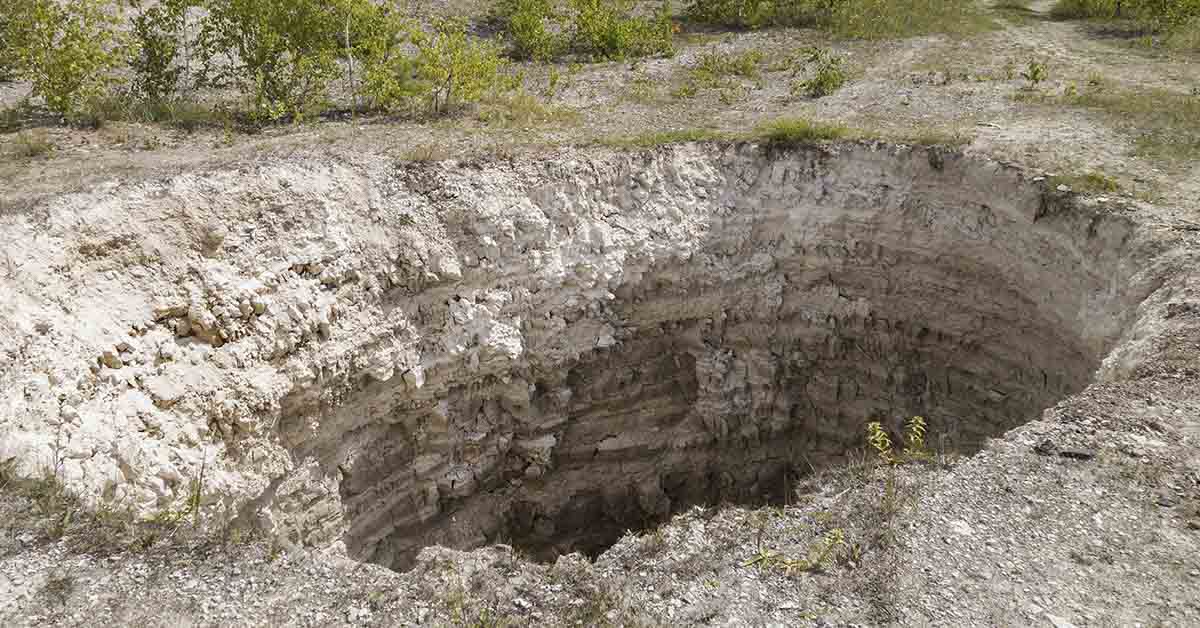A Brazilian tourist has tragically died after falling into a steep ravine on Mount Rinjani, an active volcano on the Indonesian island of Lombok. The victim, 26-year-old Juliana Marins, had been hiking with a tour guide when she reportedly asked to stop and rest. What followed was a horrifying chain of events that left her stranded 1,600 feet down a cliffside for days before rescue teams were able to reach her.
Sadly, she was found deceased at the site. Mount Rinjani is a popular trekking destination and one of Indonesia’s most challenging climbs. While it last erupted in 2016, the volcanic peak remains dangerous due to its rugged terrain, sudden weather changes and steep cliffs.
The Accident and Disappearance
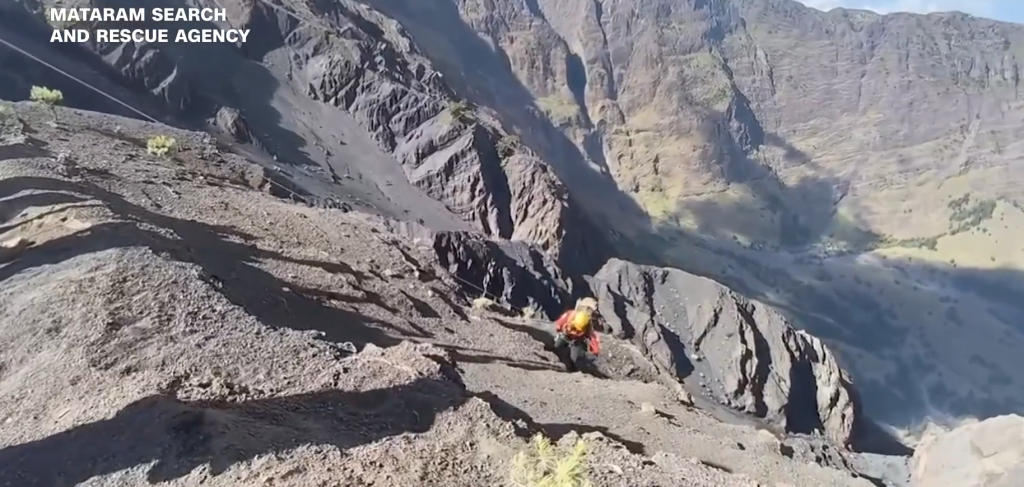
Juliana was ascending the trail with a group on the morning of Saturday, June 21, when she became separated. Near the area known as Cemara Nunggal, she reportedly asked the guide for a break. While she rested, the group continued on. When the guide returned after realizing she was taking too long, Juliana was no longer visible.
It is believed that she fell from the edge of a cliff during this brief period alone. Her disappearance triggered an immediate search effort, but locating her was difficult due to the terrain and poor visibility conditions. According to reports from her sister, Marianna Marins, Juliana did not know where to go after losing sight of her guide and panicked.
Grim Discovery Confirmed
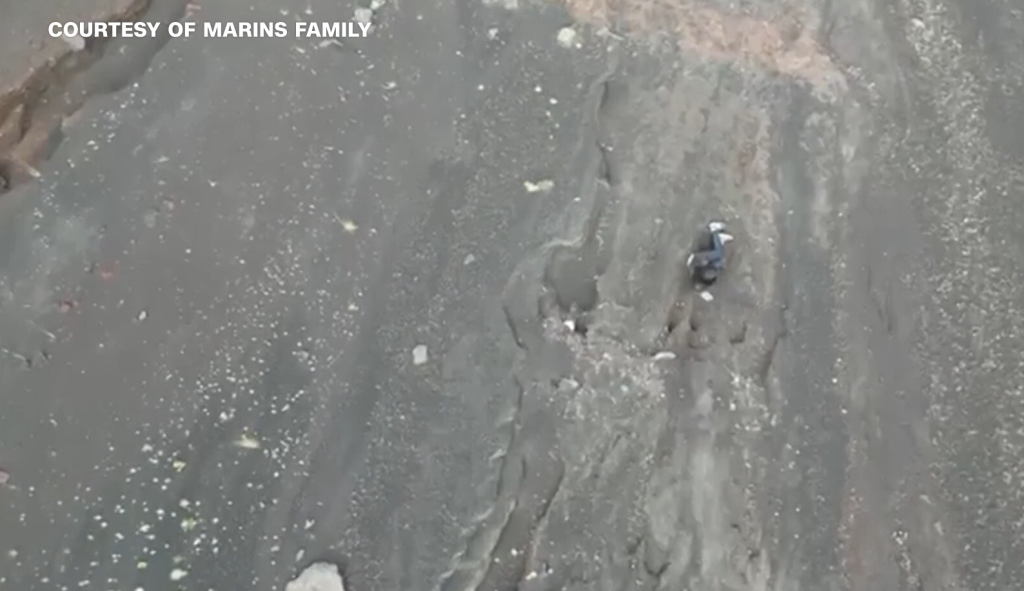
After several days of intense efforts by search-and-rescue teams, aided by drones and climbing equipment, Juliana’s body was finally located on a cliffside at a depth of around 500 meters, approximately 1,640 feet. The announcement was made via social media by her grieving family, who had hoped for a miracle.
“Today, the rescue team managed to reach the place where Juliana Marins was. With great sadness, we inform you that she did not survive,” the statement read. “We remain very grateful for all the prayers, messages of affection and support that we have received.” Juliana had been described as motionless when first seen via drone surveillance, stuck on a rock ledge. Although she was located visually, the extreme difficulty of the terrain hindered the rescue operation.
Obstacles Faced by Rescuers
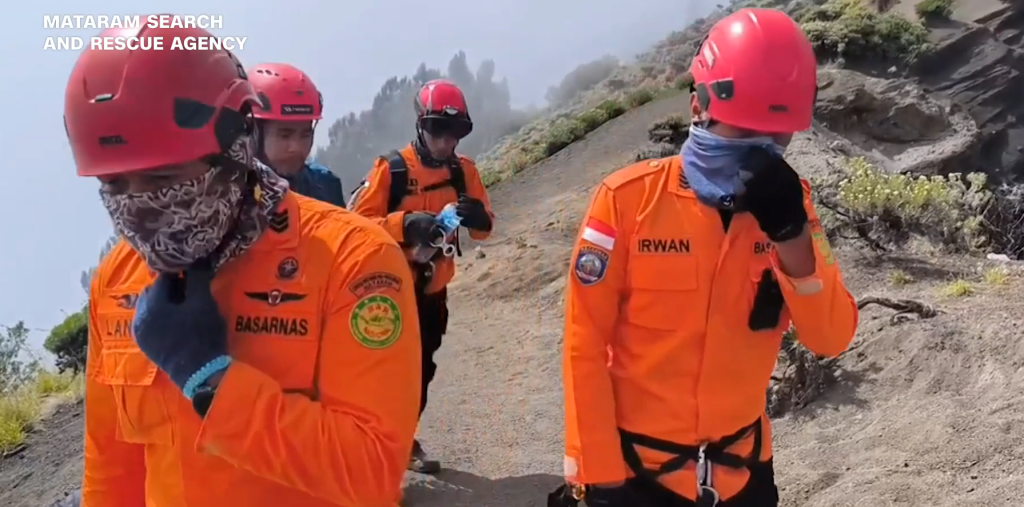
Gunung Rinjani National Park confirmed that their rescue personnel encountered major challenges trying to reach Juliana. Two rescuers were initially sent to check a potential anchor point at 350 meters deep, or about 1,140 feet, but found two massive overhangs that prevented them from safely anchoring their equipment further down.
Due to these overhangs and worsening weather conditions, the rescue operation had to be temporarily suspended. Later efforts required rescuers to climb down manually without adequate support, significantly increasing the risk and delaying the process. The park officials stated, “The rescue team had to climb to reach the victim. Unfortunately, weather conditions eventually forced the operation to be cancelled.”
Read More: Turkey Speaks Out After Beth Martin Dies After ‘Heart Removed’ on Vacation
Public Reaction and Calls for Accountability
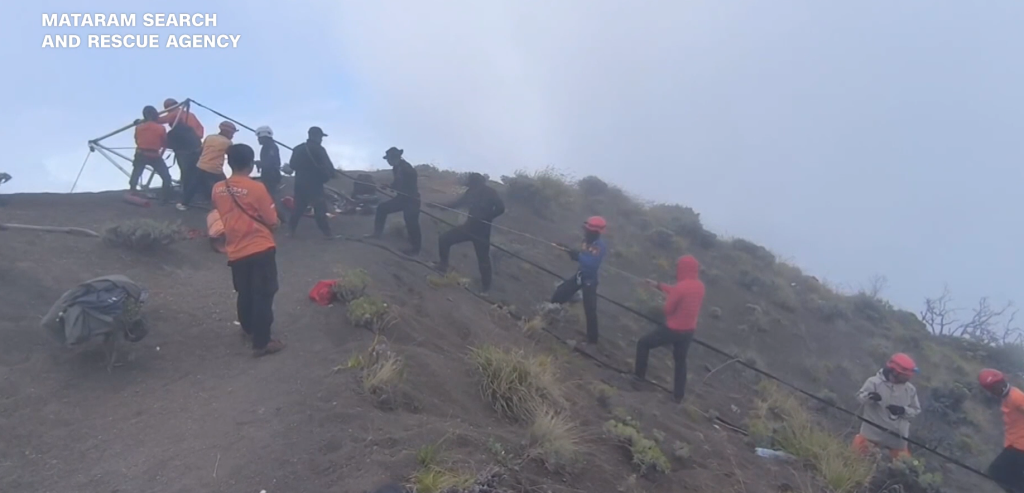
Juliana’s death sparked outrage and sorrow across Brazil and Indonesia. Tereza Cristina, a member of the Brazilian Federal Senate, called for a formal investigation into the incident and demanded that those responsible for her being left behind be held accountable. She wrote on Twitter, “The entire Brazil cheered and prayed that the rescue would arrive in time to save the young woman from Niterói, Juliana Marins, alive. Unfortunately, they could not save her. Very sad.”
She added, “Juliana was left behind twice, on the dangerous trail and after she fell off the cliff.” This sentiment has been echoed by many on social media, with numerous users expressing frustration that a tourist could be left unsupervised on such a perilous climb. Some questioned the safety standards of the trekking companies operating on the mountain.
Conditions on the Mountain
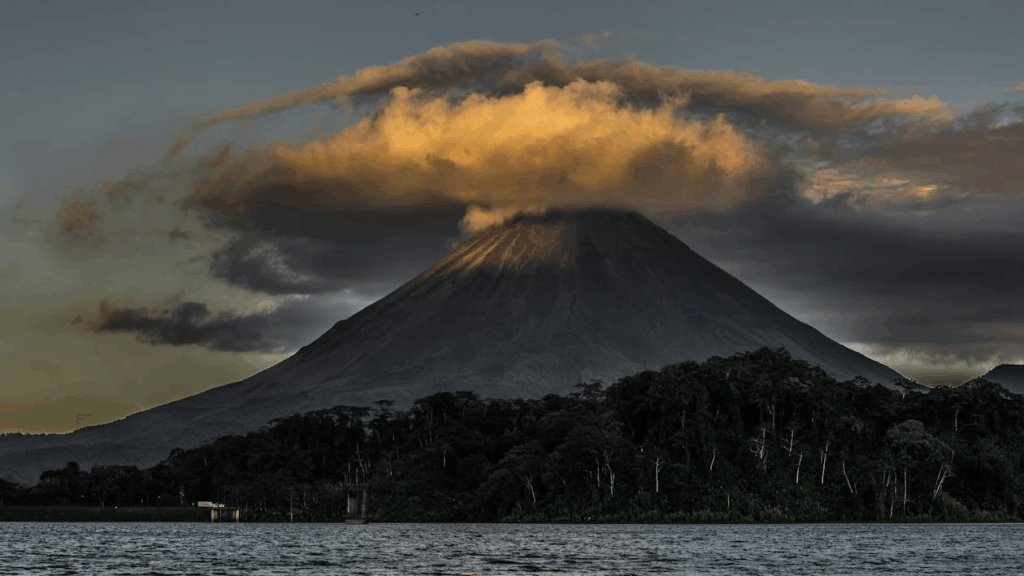
Other hikers on Mount Rinjani described the trail conditions on the day Juliana fell as extremely difficult. A fellow climber told Brazilian broadcaster Globo that visibility was poor due to the early hour, and the steep, slippery trail was lit only by handheld lanterns. These factors likely contributed to the tragic accident. Juliana’s death has highlighted the inherent risks involved in trekking on active volcanoes and raised concerns about the preparedness of guides leading tourists into such environments.
A Life Cut Short
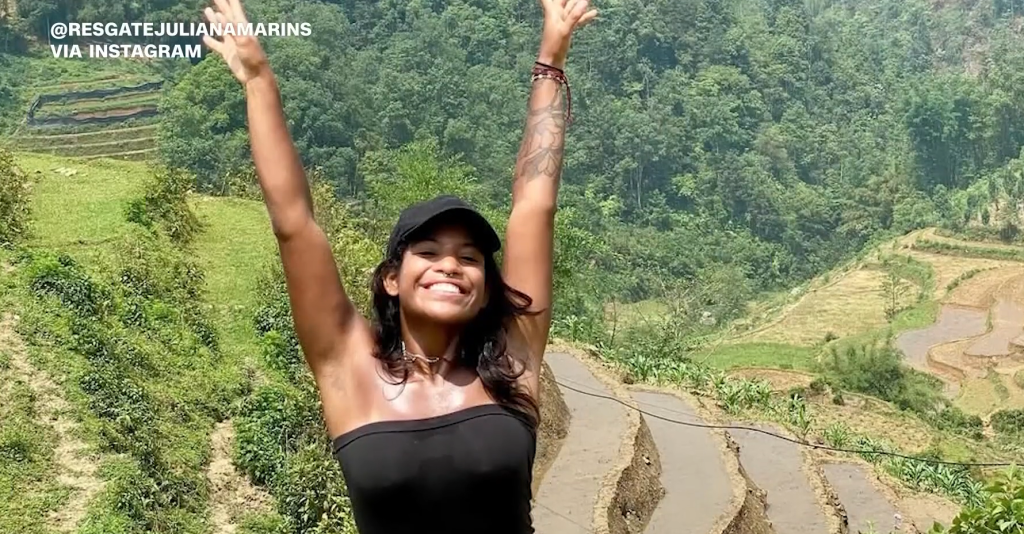
Juliana Marins was from Niterói, Brazil, and had been traveling through Southeast Asia before the tragedy. Friends and family described her as adventurous, kind-hearted and full of life. Her unexpected passing has sent shockwaves through her community, with tributes flooding in from those who knew her. Despite the dangerous terrain and difficult conditions, search teams made significant efforts to retrieve her body and return her to her loved ones. Their persistence, though ultimately unsuccessful in saving her life, demonstrated compassion and professionalism in the face of a harrowing situation.
As the investigation into the circumstances surrounding Juliana’s death unfolds, both Indonesian and Brazilian authorities are under pressure to review safety protocols for tourists on high-risk trails. The hope is that this tragedy will prompt stricter regulations and better guide accountability to prevent future incidents. Juliana’s story is a stark reminder of how quickly an adventure can turn into a disaster. It underscores the importance of preparation, proper safety measures and the value of never leaving anyone behind.
Read More: Crocodile Attacks Tourist Who Climbed Into Its Pen for a Selfie With It
